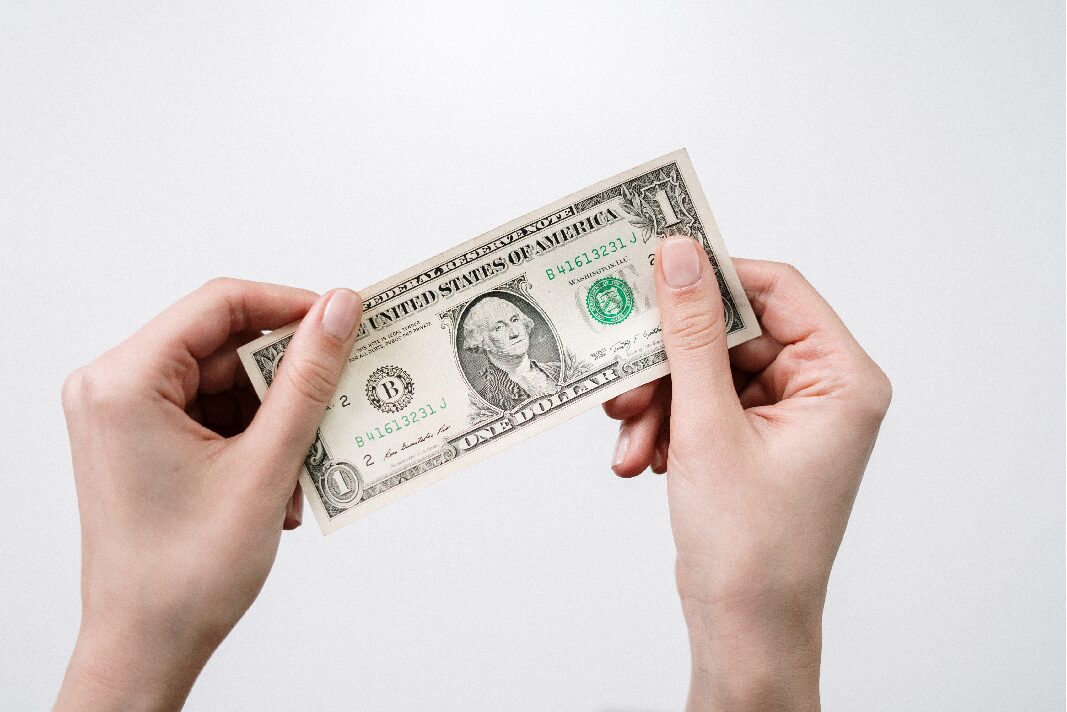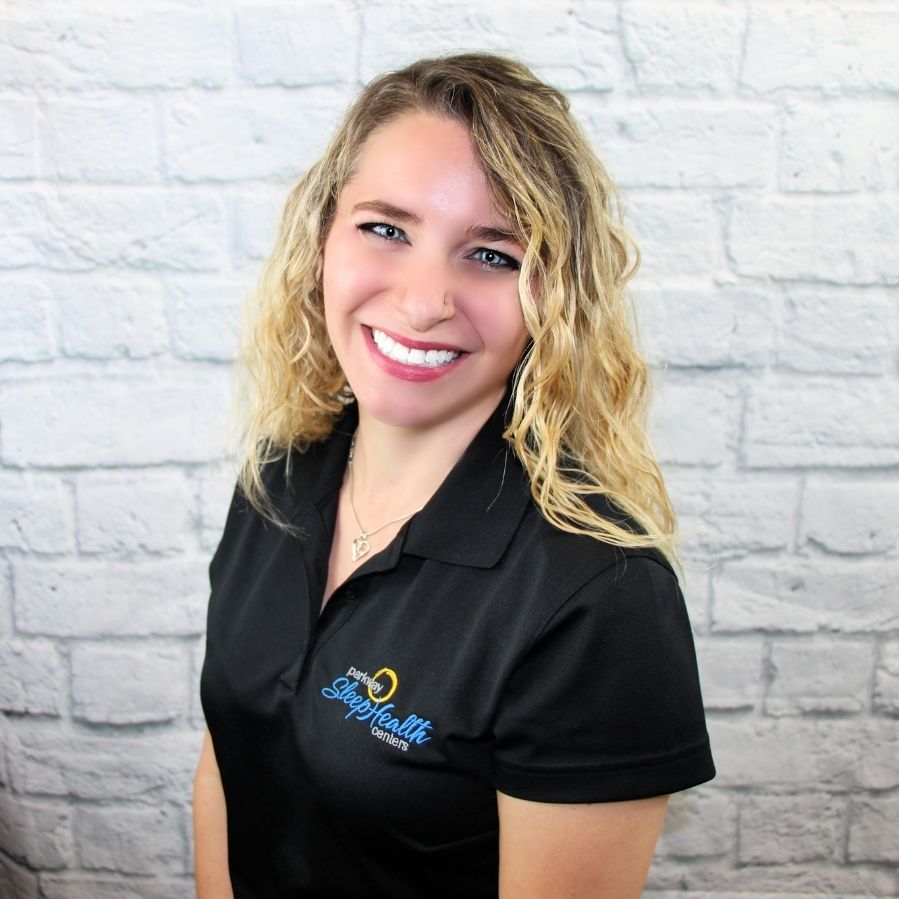How Much Does an In Lab Sleep Study Cost?

“How much does a sleep study cost?” is one of the most common questions we receive at Parkway SleepHealth Centers. And it’s a great question—because while sleep studies are vital for diagnosing a wide range of sleep disorders, understanding the cost can feel confusing and overwhelming, especially if you’re navigating it for the first time.
The short answer? Here at Parkway, an in-lab, overnight sleep study performed by a registered sleep technologist can cost anywhere from $0 to approximately $1,500, depending on a number of important factors.
But to truly understand where your sleep study might fall within that range, it helps to break things down a bit further. In this guide, we’ll walk you through the variables that can affect pricing, what you need to know about insurance coverage, and why where you choose to have your sleep study matters.
1. Location Matters — A Lot
While this article is focused on the cost of in-lab, overnight sleep studies at Parkway, it’s important to recognize that where you choose to have your test done can significantly affect the price.
Here’s the general rule of thumb:
-
Hospital-based sleep centers typically cost more due to higher overhead and different billing practices.
-
Independent sleep centers like Parkway often offer more affordable rates for the same testing procedures.
In many cases, the same overnight sleep study that costs $2000 or more in a hospital setting might cost significantly less at a non-hospital sleep clinic. If you’re considering a hospital-based lab, it’s always wise to ask for a cost estimate upfront so you’re not surprised later by a large bill.
2. The Type of Sleep Study Impacts the Cost
Not all sleep studies are created equal—and not all sleep studies are overnight.
When people refer to a “sleep study,” they’re usually talking about a Type I in-lab overnight polysomnogram. However, there are other variations:
-
Type I Sleep Study: Conducted in a lab, attended by a sleep technologist. This is the most comprehensive and typically the most expensive.
-
Type II or III Sleep Study: Home sleep tests (HST), usually less expensive, but limited in what they can detect. These tests are looking for sleep apnea, and cannot diagnose other sleep disorders.
-
Multiple Sleep Latency Test (MSLT): A daytime test often used to diagnose narcolepsy.
-
Maintenance of Wakefulness Test (MWT): Measures how well you can stay awake during the day.
So before comparing costs, make sure you’re looking at the correct test type. If you’re unsure what kind of study you’ve been referred for, check with your provider—or feel free to ask our team at Parkway for guidance.
3. Insurance vs. Self-Pay
Your insurance status plays a major role in how much you’ll pay for a sleep study.
-
If you have insurance, you may only be responsible for a co-pay, a deductible, or a percentage via co-insurance.
-
If you’re uninsured, Parkway offers transparent pricing and accepts Care Credit.
4. Your Specific Insurance Plan Benefits
Even if you’re insured, the amount you pay can still vary dramatically based on your specific insurance plan.
Some plans cover sleep studies at 100%, which means no out-of-pocket cost for you. Others apply the study cost to your deductible or require you to pay a co-insurance rate. Here’s where things can get a little tricky—but that’s where we come in.
At Parkway, when you provide your insurance details, we can:
-
Verify your benefits for sleep studies
-
Check how much of your deductible and out-of-pocket maximum you’ve already met
-
Provide a customized cost estimate based on your plan
This level of transparency helps you avoid financial surprises and plan ahead. If you’re not sure where to start, our administrative team is happy to walk you through the process step by step.
Why the Wide Range in Sleep Study Costs?
To summarize, the price of a sleep study can vary for several reasons:
Factor |
Impact on Cost |
Type of sleep study |
More complex studies usually cost more |
Location |
Hospital-based labs often charge higher rates |
Insurance coverage |
Can reduce or eliminate out-of-pocket costs |
Specific plan details |
Deductibles, co-insurance, and coverage limits may apply |
In-network vs. out-of-network |
Staying in-network generally saves money |
The key takeaway is this: Sleep studies are not one-size-fits-all—neither in function nor in pricing. Doing your homework, asking questions, and working with a team that prioritizes cost transparency can make all the difference.
Why Choose Parkway Sleep?
At Parkway Sleep, we’ve proudly served North Carolina for over 20 years, offering comprehensive, compassionate, and affordable sleep care. Our state-of-the-art sleep labs are staffed by registered sleep technologists and board-certified sleep physicians who are passionate about improving your health through better sleep.
Here’s why so many patients choose Parkway:
-
We’re a non-hospital sleep center, which typically means lower costs.
-
We offer transparent pricing and can provide detailed insurance benefit checks.
-
We work with most major insurance carriers and offer self-pay options.
-
Our team includes in-house sleep specialists, so you can get a referral, a study, follow up, and treatment done all under one roof.
Ready to Take the Next Step?
If you suspect you may have a sleep disorder but don’t yet have a referral, you’re not alone—and we’ve got you covered. Parkway offers consultations with sleep providers who can assess your symptoms, determine if a sleep study is appropriate, and guide you through every step of the process.
👉 Click here to schedule an appointment with one of our sleep health experts.
Whether you’re dealing with loud snoring, restless nights, or unexplained daytime fatigue, a sleep study could be the first step toward better sleep and better health.
__________________________________________________________________________
Parkway SleepHealth Centers
Proudly serving North Carolina for over 20 years.
Better sleep starts here.

General Manager of Parkway SleepHealth Centers



